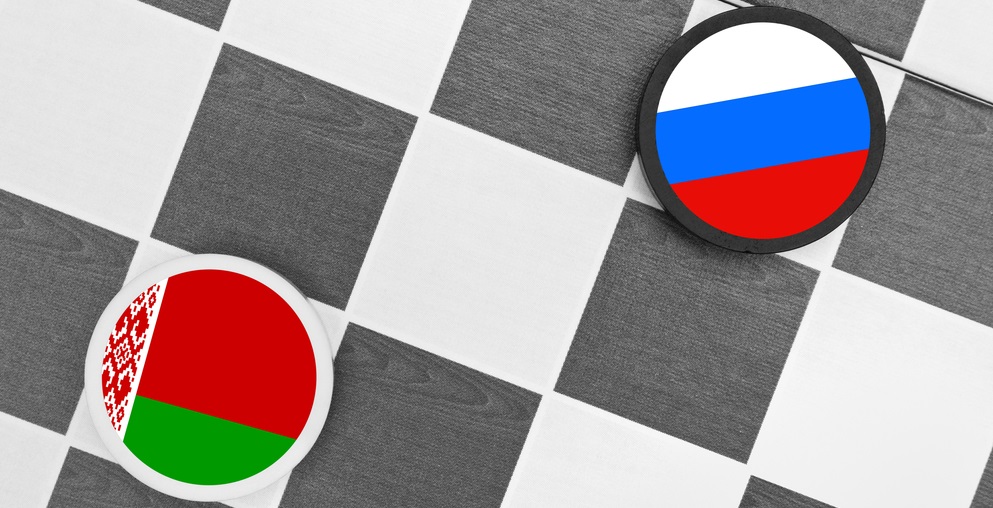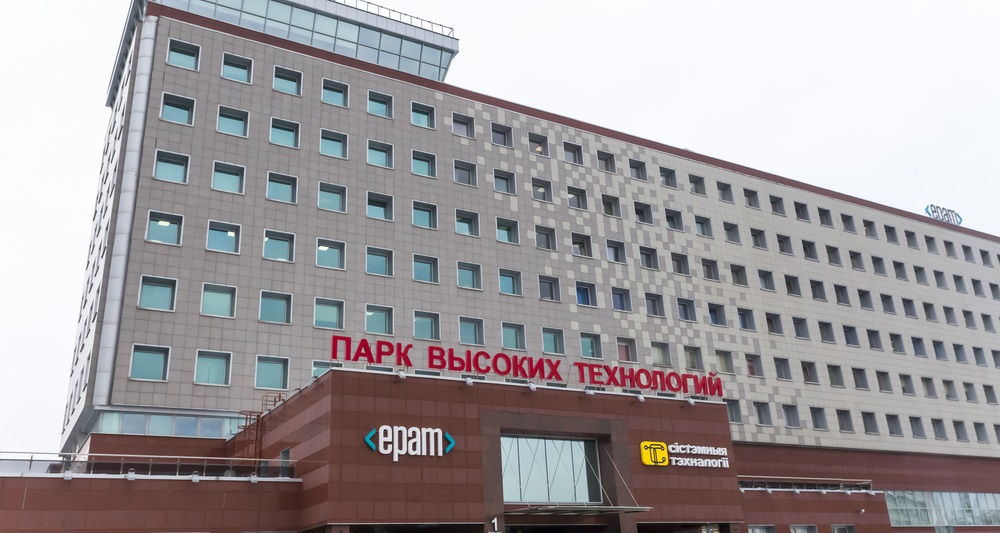Relations between Belarus and Russia have always been quite complicated. The union the two close allies created has faced all kinds of challenges over its 20 plus years of existence. Now cryptocurrency is becoming a new apple of discord, as Minsk has taken a relatively friendly approach to regulating decentralized assets, while some in Moscow want them banned.
Also read: Liechtenstein Adopts Token Act to Attract Crypto Business
Arm-Twisting Between Close Allies
The two former Soviet republics decided to reintegrate just a few years after the dissolution of the USSR. The Commonwealth of Belarus and Russia was created in the spring of 1996 and the bond between them was strengthened further with the signing of the “Treaty on the Union Between Belarus and Russia” the following year.
Then the “Treaty on the Creation of the Union State of Russia and Belarus,” aimed at establishing a federative entity similar to the Soviet Union, was signed on Dec. 8, 1999. It was ratified by the two nations soon after and the Union was formally born in 2000. The members had to elect a common head of state, adopt a new constitution, flag, anthem, and passports, create joint armed forces and introduce a common currency.

However, the government in Minsk, headed by the first and only president of Belarus, Alexander Lukashenko, remains opposed to any notion of losing sovereignty, while Russia needs more control over its only open corridor to the West, now that Kiev is no longer ruled by friendly forces. The loss of Ukraine tremendously increased the strategic importance of Belarus on the greater geopolitical chessboard. Some think a Russia-led new state is an option for Vladimir Putin to retain power after his fourth term in the Kremlin ends in 2024.
There’s been some arm-twisting lately between Minsk and Moscow, which are preparing to mark the 20th anniversary of their union state proper. The Russian Federation accused Belarus of importing sanctioned Ukrainian products, with its customs stopping “Belarusian” apples at the border, while Belarus warned that pipelines pumping Russian oil westwards might need “emergency repairs.” On this backdrop, the U.S. and the EU have been making diplomatic overtures to Lukashenko.
Bitcoin Is the New Apple of Discord
With little natural resources in its territory and a poorly developed economy, Belarus needs Russia’s power to survive and develop. But while integration in some areas such as defense and trade has deepened, in others, like the financial sphere, it has not achieved the set goals yet. Now the different treatment of cryptocurrencies has become an issue that adds new disagreements between the two countries.

Minsk invested heavily in the development of its IT sector, creating a special economic zone under the Belarus High Technologies Park (HTP). A presidential decree “On the Development of the Digital Economy,” signed in late 2017, came into force in March last year, introducing a five-year tax holiday and other incentives for HTP-registered crypto companies. Belarus also plans to mine Bitcoin at a new nuclear power plant, whose first unit is scheduled to begin operation by the end of 2019.
At the same time, Moscow has taken a rather conservative stance on decentralized money, with proposals to ban Russians from acquiring digital currencies on specialized trading platforms. But according to a leading figure behind the Belarusian High Tech Park, entrepreneur Viktor Prokopenya, Russia cannot block crypto exchanges from Belarus just like that. In a recent interview with the Russian Youtube channel “Russkie Norm!” quoted by Forklog, Prokopenya revealed he had already shared his position on the matter with Russia’s Deputy Prime Minister Maxim Akimov:
They even want to block the crypto exchanges, which violates the treaty on the Union of Belarus and Russia. We have free movement of services, goods, and capital between our countries, so limiting the activities of Belarusian crypto exchanges in Russia is a violation of our international agreement.
Viktor Prokopenya, who has himself invested in the Currency.com exchange among other digital businesses, is credited for convincing President Lukashenko to create the HTP in Minsk. He is making a good point that should be valid for other supranational entities too, including the Eurasian Economic Union (EEU), of which Belarus and Russia are also members, as well as EEU’s larger and much more politically and economically integrated neighbor, the European Union.
Cryptocurrencies are a new phenomenon that requires governments to write new rules from scratch, the Belarusian businessman says. And to acquire them, you don’t necessarily need to wait for countries to comply with their international agreements. You can purchase bitcoin cash (BCH) and other coins right now at buy.Bitcoin.com and start trading with other crypto holders on a peer-to-peer marketplace such as local.Bitcoin.com.
Do you think Belarus can exert enough pressure on Russia to adopt more favorable policies towards cryptocurrencies? Share your thoughts on the subject in the comments section below.
Images courtesy of Shutterstock.
Do you need a reliable bitcoin mobile wallet to send, receive, and store your coins? Download one for free from us and then head to our Purchase Bitcoin page where you can quickly buy bitcoin with a credit card.
The post Here’s How Belarus Pressures Russia to Legalize Cryptocurrencies appeared first on Bitcoin News.
Powered by WPeMatico
